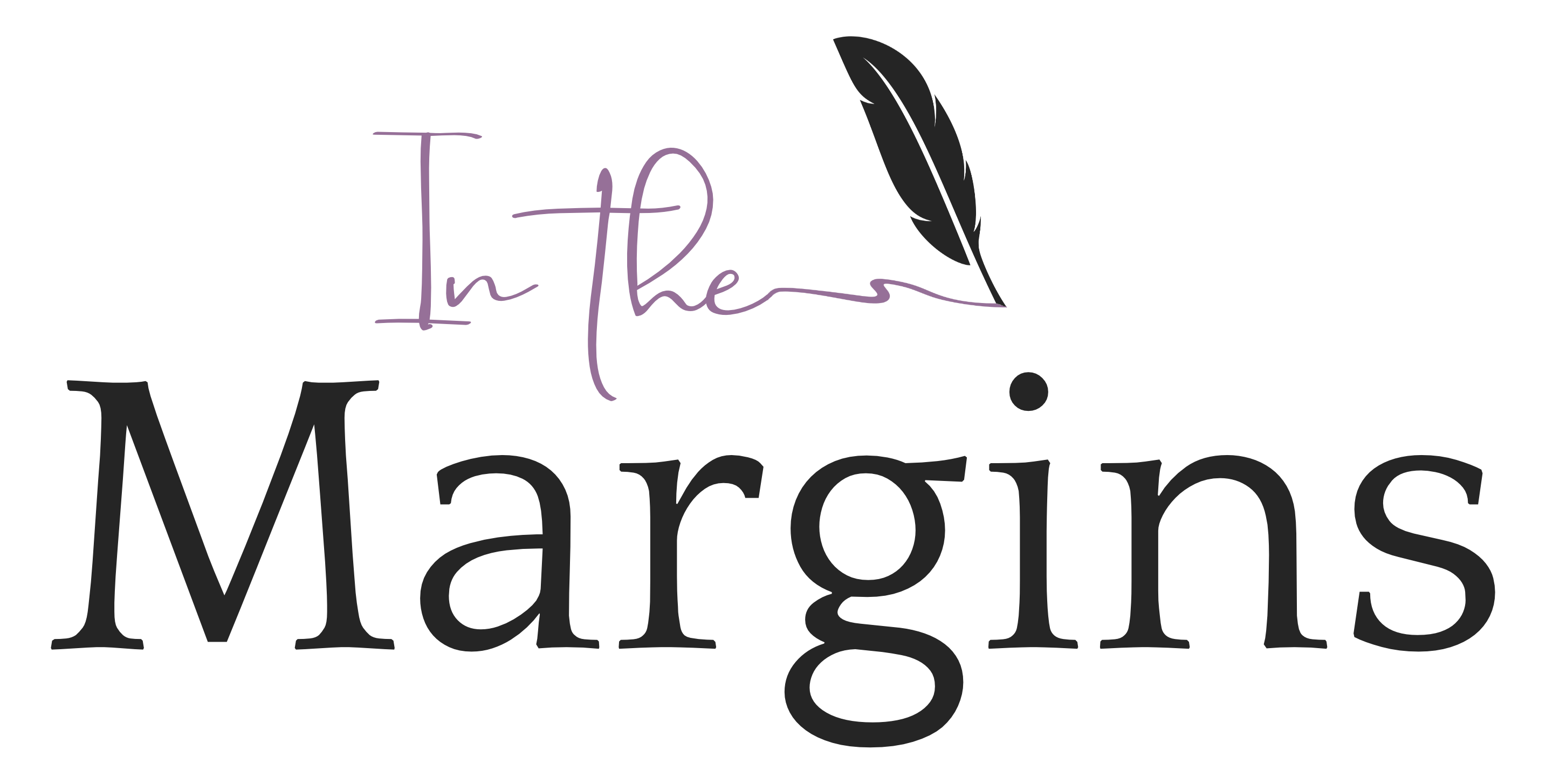When looking for comps, stop seeking exact matches and look instead for books that relate to your audience, themes, plot, style and voice, characters, and the general structure of the journey or tale you’re telling.
Let’s back up: What’s a comp?
Comparable or comparison (“comp”) titles are the books that you imagine next to yours on a bookstore’s shelves. They will be only 2–3 years old, same genre and format, and should have some proven sales success with your target audience/ideal reader (following key demographics). Though the content may not be the same, the tone will be, well, comparable and your story may have similar themes or follow similar structures.
In traditional publishing, these comp titles help agents and editors understand the key audience for your book and how it may sell. For authors who choose to self-publish, comp titles can help them to identify their reader base and shape their marketing strategy.
But finding comps can feel daunting to any writer. So, where should you start?
Start with your own bookshelves.
It may seem too simple or corny an answer, but it’s true. What recent books and writers influenced YOU to write in your genre, about your themes, or in your voice?
As you think about the books that influenced you remember again that you are not seeking an exact match. Consider what emotions those books pulled from you that you think your book may also touch on. What topics? Would you recommend your book and that one to the same reader (consider those key demographics)?
This is how you start to find clues as to who your audience may be.
Next, research those authors.
- Which books are they reading and recommending?
- Which current authors provided quotes for their book jackets or Amazon blurbs?
- What titles do Amazon, B&N, etc. suggest when purchasing the book? (These will show up as “customers who bought this, also liked” or “frequently bought with.”)
- If you begin a list of known comps on Goodreads, what other books does it suggest you add?
Check the acknowledgements.
Within the acknowledgements of a book, you’ll likely be able to find out who the literary agent, editor(s), etc. were for it. You can then find out what other books those professionals have worked on that may serve as comps.
Dive into a database.
- NoveList Plus is a database through the Ebsco system, so you may be able to gain access through your local library. (And who doesn’t want to keep supporting their library?) While it’s used by librarians to help readers find books that align with their preferences, it can also be a handy little tool for writers trying to find comps. You can try two things:
- Find a book you already think is a comp title in NoveList and it will provide you with book read-alikes, series read-alikes, and author read-alikes.
- If you’re not sure at all, you can use the keyword search to find suggestions to check out (ex: “young adult fantasy adventure”) and filter within a certain publication timeframe.
- Allison Alexander has also put together three amazing databases full of comps for Fantasy, Science Fiction, and Horror.
If you feel overwhelmed, seek help!
You are surrounded by folks who may be able to help you. Ask:
- beta readers and critique partners which books yours reminds them of;
- local book professionals such as your city’s librarian, the owner/acquisitions person of local bookstores, etc. for recommendations;
- anyone else who has read it.
Finally, know your genre.
This doesn’t just mean knowing what bookshelf you’d like to see your book on. It also means visiting the store regularly to find new titles and authors and reading those that may appeal to the same audience as your own work.
And pay attention to which of those titles are still on the shelves after a few months. After a set amount of time, stores return books that aren’t selling to publishers. If the books are still there, that’s a good sign.
Knowing what sticks will help you know what readers are gravitating toward in your genre.
Originally posted: March 8, 2024 | Updated October 8, 2025




